The Napping Revolution
A new surge in sleep science suggests that 10 minutes of midday shut-eye could be the ultimate wellness-booster.
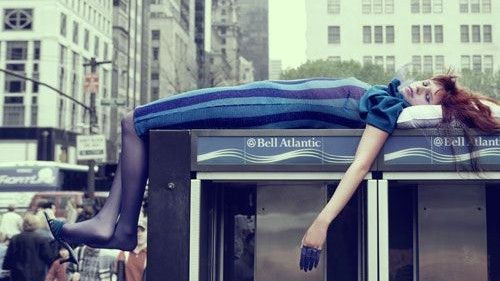
It's a fact of life: Nonstop work e-mail chains, after-dark texts, and full-DVR temptation are cutting ever deeper into the late-night hours previously earmarked for sleep. And according to the National Sleep Foundation, women are hardest hit, reporting higher incidences of nighttime wake-ups and daytime drowsiness than their male counterparts. Now, scientists have convincing evidence that naps — those peaceful interludes once reserved for sick days or vacations — are a must-try modern-day solution to our perpetual sleep shortage. "Naps aren't a substitute for nighttime sleep, but they offer a great 'energy-rejuvenation break,'" says Nancy Rothstein, a Chicago sleep consultant whose adopted moniker is "The Sleep Ambassador" and who helps companies maximize employee productivity; she even created a New York University online course on sleep wellness, which debuted in February. Jennifer Martin, Ph.D., adjunct assistant professor at the University of California, Los Angeles, and a clinical psychologist and sleep behavior specialist, agrees. "While the goal is still getting enough sleep at night, naps are a viable plan B. Even a short one can improve your alertness," she says. Indeed, catching a few restorative Z's doesn't have to be a long and drawn-out affair. To the contrary, it can be incredibly efficient. A new study, published last fall by the U.S. Department of Veterans Affairs Medical Center, found that as few as 8.4 minutes of sleep in the middle of the day amped up cognitive function and alertness. Armed with recent research, you can now tailor the timing of your slumber specifically to fuel different brain functions. Unlike its slovenly forebears, the 21st-century nap is short, strategic, and purposeful.
Here, the principles of daytime sleep, optimized to achieve four different outcomes:
INSTANT ENERGY
There are five stages of sleep, each one reflecting the body and brain's progressive relaxation. Stage one and two are lighter phases of sleep that will leave you refreshed. You'll reap the benefits after as few as eight minutes, but be sure to limit your nap to less than half an hour. The effects of a quickie post-lunch nap like this can last at least three hours, just long enough to get you through the 3 p.m. doldrums.
BONUS STRATEGY
Drink 150 milligrams of caffeine, roughly an 8-ounce cup of coffee, immediately before napping. Caffeine takes 15 to 30 minutes to kick in, so it's a natural alarm clock, and you'll be juiced upon waking.
BETTER MEMORY
Stay In The Know
Get exclusive access to fashion and beauty trends, hot-off-the-press celebrity news, and more.
After 45 to 90 minutes, snoozers enter stage three and four sleep, which improves memory by about 20 percent for tasks including word association and navigating mazes. Emotions rooted in memory become more balanced, too. The upshot? You'll be calmer and less prone to overindulgence (e.g., no more overdosing on cookies in the conference room). Allow 15 minutes after waking to shake off grogginess, which adds slightly to the overall time you should budget.
BONUS STRATEGY
Set up an incentive. Harvard University researchers report that among subjects whose bedtime occurred before memory testing, those promised a monetary reward for each correct answer did better than those who weren't. (Post-deadline facial, anyone?)
CRAZY CREATIVITY
After 90 minutes, you'll enter deep REM (rapid eye movement) sleep, or stage five, which boosted performance on creative problem-solving in a 2009 University of California, San Diego study. The researchers were at pains to point out that the advantage wasn't due to improved memory; they attributed it to REM sleep's ability to "assimilate new information into past experience" in the brain.
BONUS STRATEGY
Think about key points you want to accomplish in your project before nodding off. While you sleep, or upon waking, your brain will dredge up potentially helpful information that might otherwise be discarded.
-
 Joshua Jackson Won't Let His Daughter Watch 'Dawson's Creek'
Joshua Jackson Won't Let His Daughter Watch 'Dawson's Creek'"She's going to get all sorts of ideas."
By Amy Mackelden Published
-
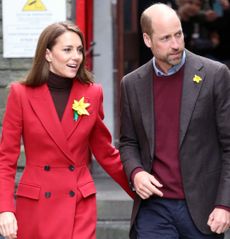 Why Kate and William Will Be Making More Joint Appearances
Why Kate and William Will Be Making More Joint AppearancesA royal expert weighed in on their plans, calling them "the world's most glamorous royal couple."
By Amy Mackelden Published
-
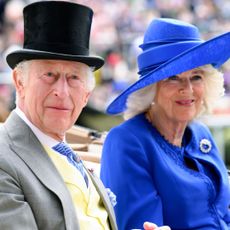 How Camilla Is "Showing Strength" as Charles Cancels Plans
How Camilla Is "Showing Strength" as Charles Cancels PlansCharles has been forced to cancel "an African spa retreat," which he planned to take with Camilla.
By Amy Mackelden Published
-
 Senator Klobuchar: "Early Detection Saves Lives. It Saved Mine"
Senator Klobuchar: "Early Detection Saves Lives. It Saved Mine"Senator and breast cancer survivor Amy Klobuchar is encouraging women not to put off preventative care any longer.
By Senator Amy Klobuchar Published
-
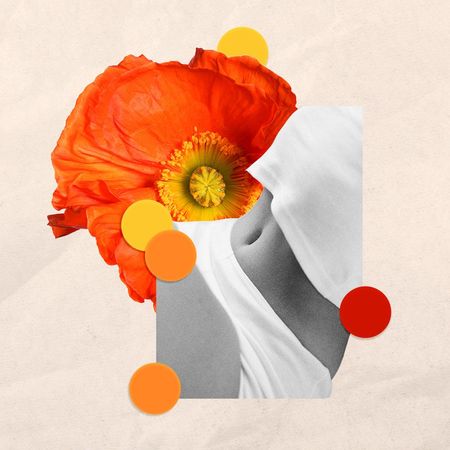 I'm an Egg Donor. Why Was It So Difficult for Me to Tell People That?
I'm an Egg Donor. Why Was It So Difficult for Me to Tell People That?Much like abortion, surrogacy, and IVF, becoming an egg donor was a reproductive choice that felt unfit for society’s standards of womanhood.
By Lauryn Chamberlain Published
-
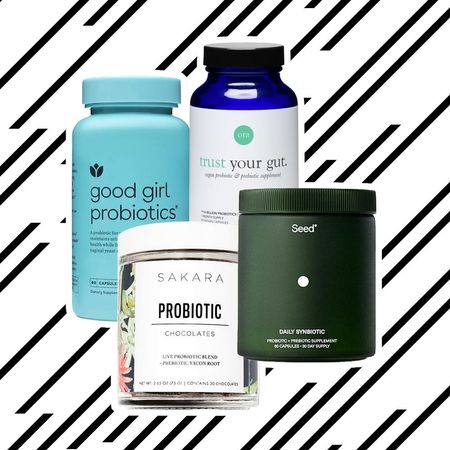 The 20 Best Probiotics to Keep Your Gut in Check
The 20 Best Probiotics to Keep Your Gut in CheckGut health = wealth.
By Julia Marzovilla Published
-
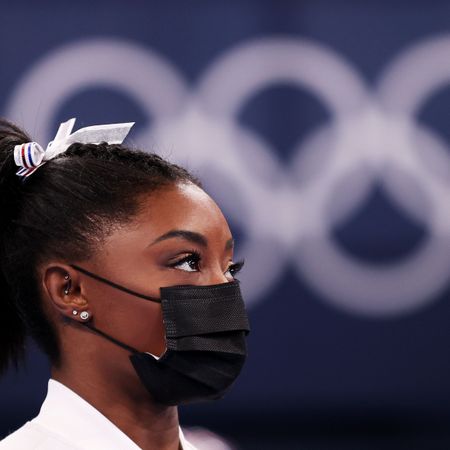 Simone Biles Is Out of the Team Final at the Tokyo Olympics
Simone Biles Is Out of the Team Final at the Tokyo OlympicsShe withdrew from the event due to a medical issue, according to USA Gymnastics.
By Rachel Epstein Published
-
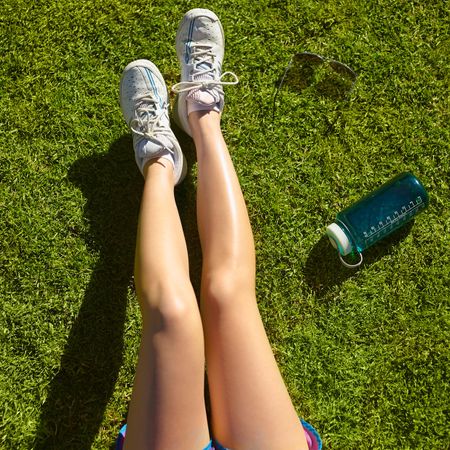 The Truth About Thigh Gaps
The Truth About Thigh GapsWe're going to need you to stop right there.
By Kenny Thapoung Published
-
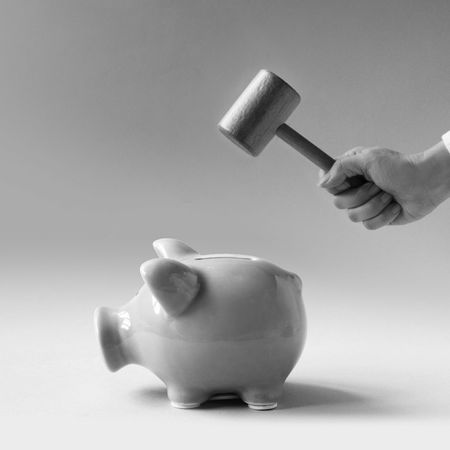 The High Price of Living With Chronic Pain
The High Price of Living With Chronic PainThree women open up about how their conditions impact their bodies—and their wallets.
By Alice Oglethorpe Published
-
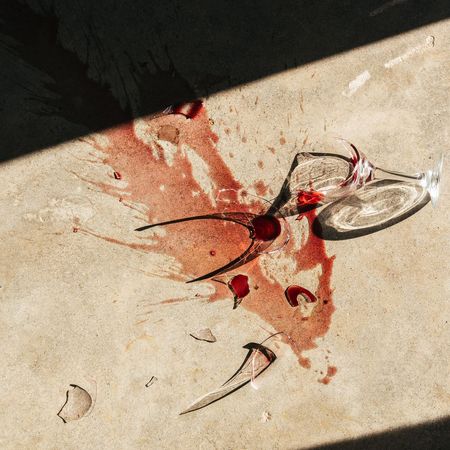 I Used to Imagine Murdering the Men I Dated
I Used to Imagine Murdering the Men I DatedFalling in love helped me finally figure out why.
By Jessica Amento Published
-
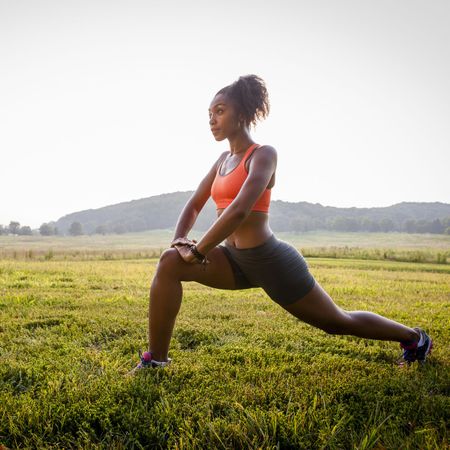 60 Workout Apps for Women Who Want Results (Without a Gym Membership)
60 Workout Apps for Women Who Want Results (Without a Gym Membership)Buying Guide Easy fitness plans you can follow without fear of judgment.
By Bianca Rodriguez Published